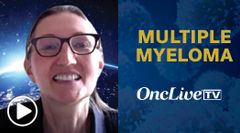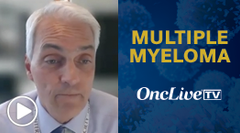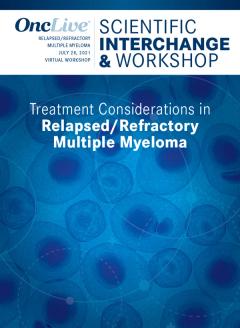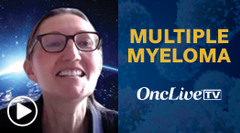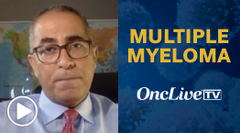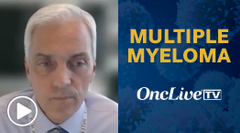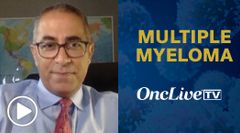
Dr. Lentzsch on the Utility of Cellular Therapies in Multiple Myeloma
Suzanne Lentzsch, MD, discusses the utility of cellular therapies in multiple myeloma.
Suzanne Lentzsch, MD, professor of clinical medicine, director, Multiple Myeloma and Amyloidosis Program, College of Physicians and Surgeons of Columbia University, Columbia University Herbert Irving Comprehensive Cancer Center, NewYork-Presbyterian Hospital, discusses the utility of cellular therapies in multiple myeloma.
Although definitive data are not available, established or emerging cellular therapies may be able to be adapted for patients based on age to provide the longest remissions while minimizing toxicity risk, Lentzsch explains. For example, CAR T-cell therapy will likely be the first choice for a younger patient because there may be a higher likelihood of the modality leading to prolonged remission or cure in this patient population, Lentzsch adds.
However, older patients are at an increased risk of developing CAR T-cell therapy–related toxicities, such as neurotoxicity, Lentzsch says. As such, other emerging cellular therapies, such as antibody-drug conjugates and bispecific T-cell engagers, could provide durable responses without significant toxicity in older patients with multiple myeloma, Lentzsch explains. Additional data are needed to determine whether these novel cellular therapies are also able to be used in younger patients, Lentzsch concludes.


